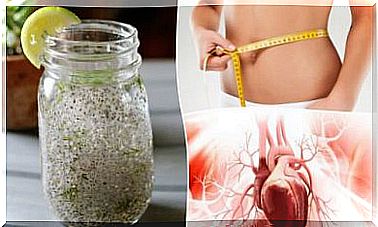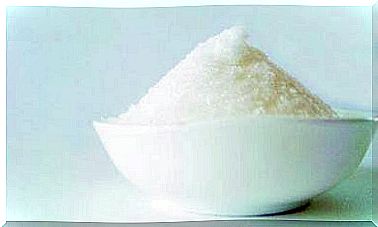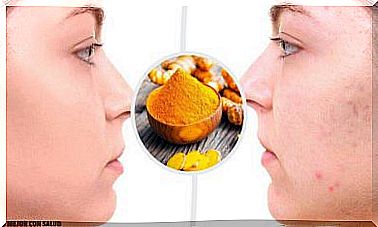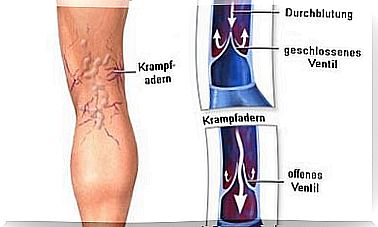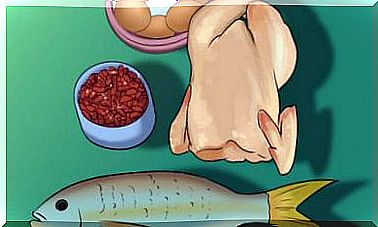Herbal Remedies Against Inflammation
Herbal remedies for inflammation are highly recommended as a supplement to medication or as a preventive measure.
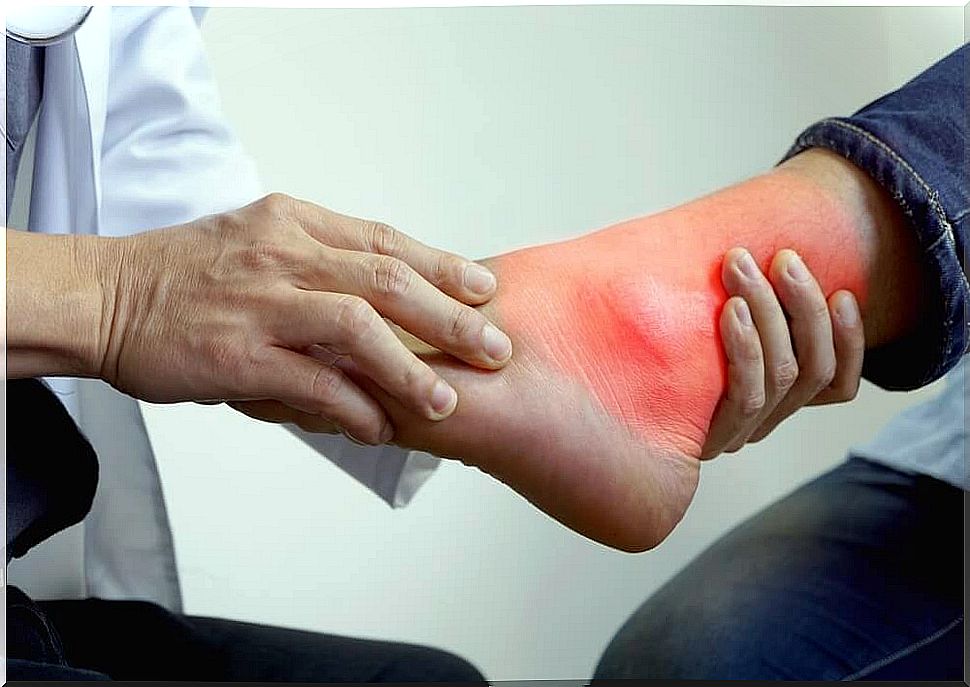
If you want to use herbal remedies against inflammation, build on the fact that they have a particularly good prophylactic effect and can only support drug therapy, but not replace it. Find out which herbal anti-inflammatory remedies are effective.
Are Herbal Anti-Inflammation Pills Replacing Pills?
Even herbal remedy for inflammation exist in tablet form, in which there is her agent in concentrated form and is made the body optimally available. Even so, you shouldn’t use these tablets as a substitute for the anti-inflammatory tablets your doctor prescribed.
Herbal anti-inflammatory agents work to their full potential as support or prevention, but not as an exclusive substitute for prescription drugs. So if you want to prevent inflammation or let existing inflammation subside more quickly, you should use herbal remedies for inflammation. The following foods are helpful:
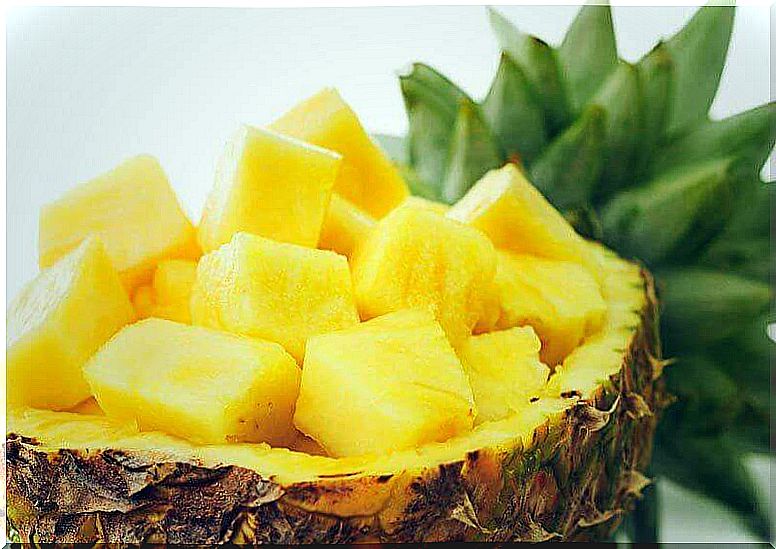
Pineapple (bromelain)
The pineapple contains the enzyme bromelain, which soothes inflammation and reduces swelling. Therefore, this active ingredient is often recommended after dental or oral surgery procedures. In order to absorb the necessary amount of bromelain, you have to incorporate a lot of pineapple into your diet, but the active ingredient is also available in concentrated form in tablet form.
If you only occasionally suffer from joint problems and want to prevent inflammation and swelling, simply integrate pineapple products such as pineapple juice or fresh pineapple (please not sugared and only canned fruits without sugar!) In your daily menu. The pineapple enzyme also supports digestion, especially of difficult to digest meat dishes. So bromelain tablets not only help against inflammation.
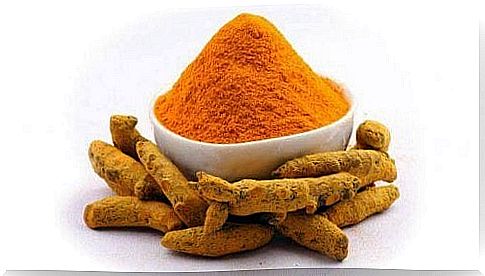
Turmeric root
A spice that is rather uncommon in Germany also has an anti-inflammatory effect. It is turmeric, which is also called turmeric or mistakenly saffron root. You can usually get it ground as an exotic spice or as a fresh root in a well-stocked health food store.
Turmeric gives food an intense yellow color and is much cheaper than saffron. The taste is mildly spicy, which is why you can use it generously as a herbal remedy for inflammation. The anti-inflammatory effects in knee arthritis have even been confirmed by studies.
Turmeric also tastes very good in hot milk as “turmeric latte” or “golden milk”. It is important that you should always combine turmeric with some black pepper to strengthen the anti-inflammatory effect and to make the active ingredient available to your body.
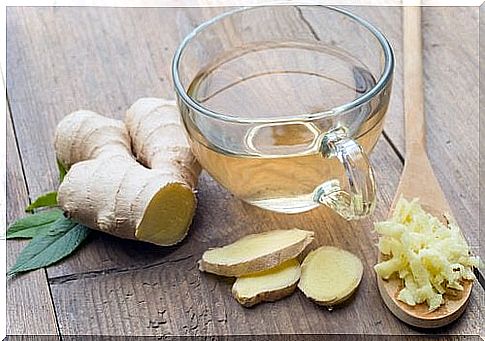
Fresh ginger
One component of ginger inhibits an enzyme that is active in the body when there is pain. If this enzyme is inhibited, the pain is alleviated. The principle works like a painkiller, only a little more gentle on the stomach and more natural. The components of ginger are particularly effective against muscle pain, but also for mild headaches and rheumatism, as ginger also has anti-inflammatory properties.
In combination with its analgesic effect, ginger is particularly popular in the treatment of rheumatism and arthritis, as it reduces pain and inhibits inflammation. It is important that you prepare the ginger fresh and not use it as a powder. The effective essential oils are only completely preserved in fresh ginger!
It doesn’t matter whether you grate the ginger raw or cook it as tea. Ginger is also delicious when it is candied! The more the better. Ginger tastes good with hearty meat dishes, vegetables and also with fruit and in desserts. It also goes well with turmeric, so you can combine two herbal anti-inflammatory agents with ginger and turmeric.
Give it a try, ginger really helps!
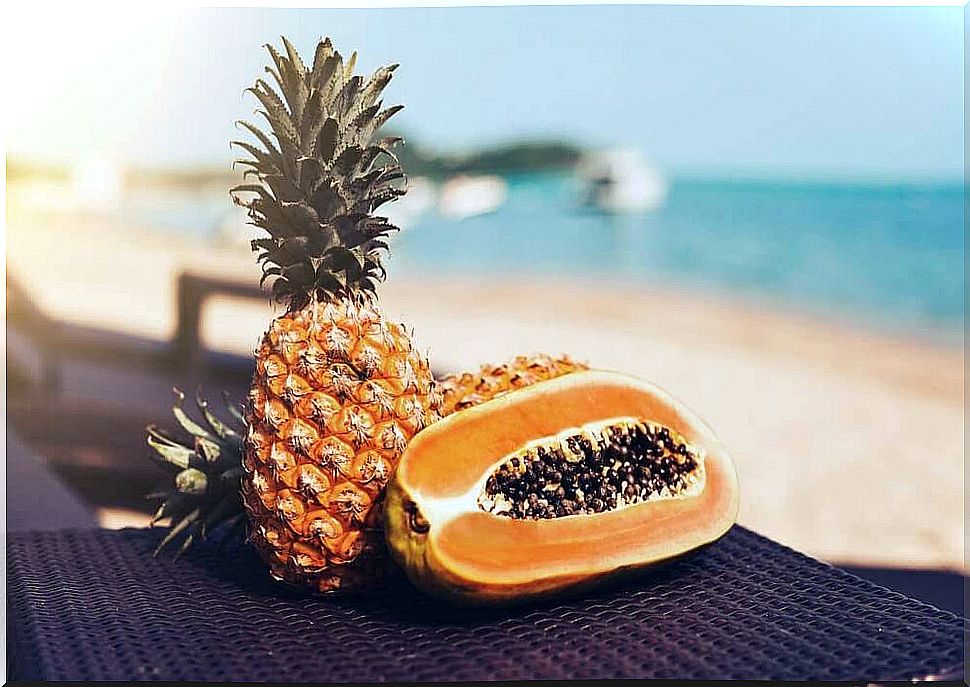
Papaya enzymes
The tropical papaya contains enzymes that are supposed to ensure that inflammatory swellings are reduced, metabolic products are removed more quickly and inflammation is contained.
Here, too, the following applies: only use the fresh fruit and prefer to use tablets for a high concentration, as is also recommended for the pineapple enzyme. A combination of pineapple and papaya is also helpful.
Omega-3 fatty acids
The anti-inflammatory potential of omega-3 fatty acids has been researched in studies and recommended against joint inflammation such as arthritis, rheumatism and also inflammatory bowel disease and asthma. Omega-3 fatty acids are contained in linseed oil in a particularly good ratio of fatty acids. In contrast, olive oil, which has been widely touted through clever marketing, contains almost no omega-3 fatty acids.
Oils with high levels of omega-3 fatty acids are also: chia oil, hemp oil, walnut oil, rapeseed oil and soybean oil. Oily sea fish also contains omega-3 fatty acids, but in a significantly lower concentration than the vegetable oils mentioned above. In addition, omega-3 fatty acids lower blood pressure and blood lipids, which is why they can prevent hardening of the arteries.
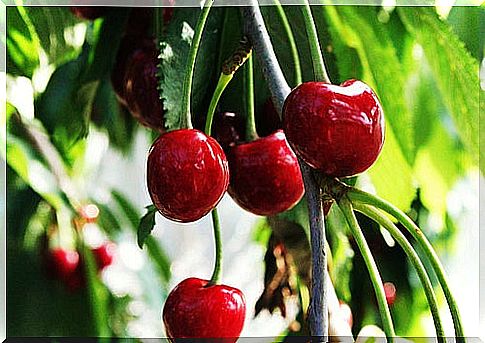
Sour cherries
The knowledge that there are anti-inflammatory substances in tart cherries is still relatively new. The red-violet plant pigments of the sour cherry should ensure that certain enzymes in our body that promote inflammation are inhibited. Sour cherries are therefore increasingly used in the therapy of arthritis and rheumatism.
Important: Since the active ingredients are in the red coloring agent, it is not enough to just drink sour cherry nectar or “fruit juice drink”, it must be juices with 100% fruit – no matter how sour they are …
